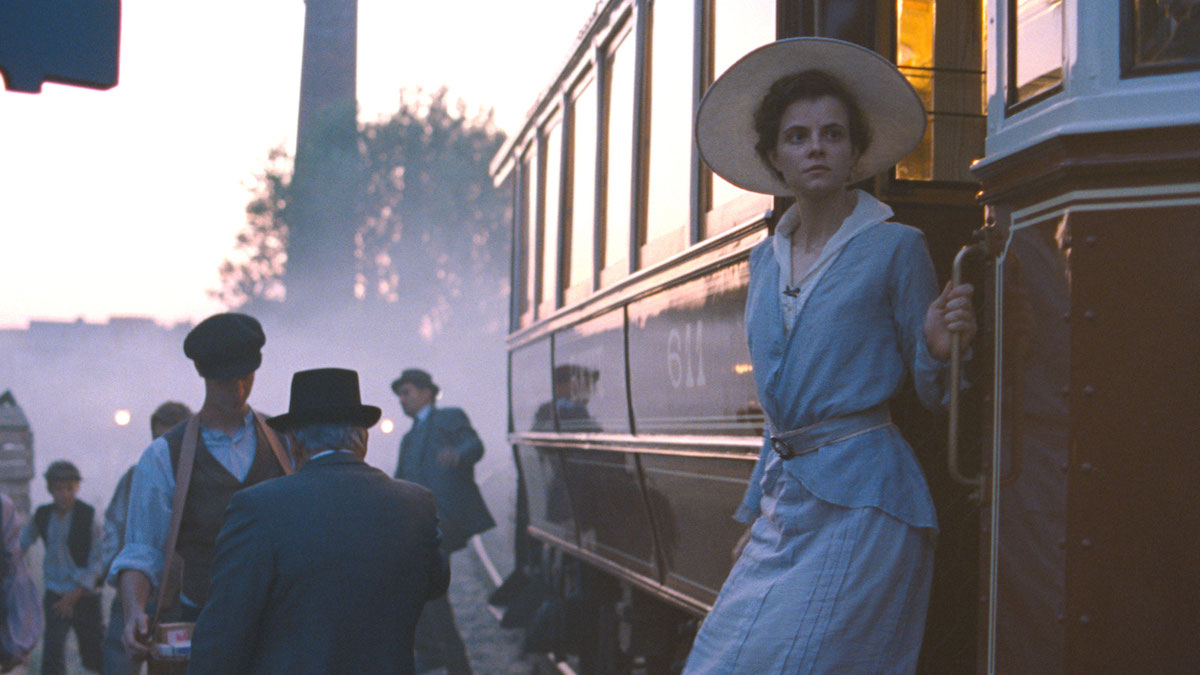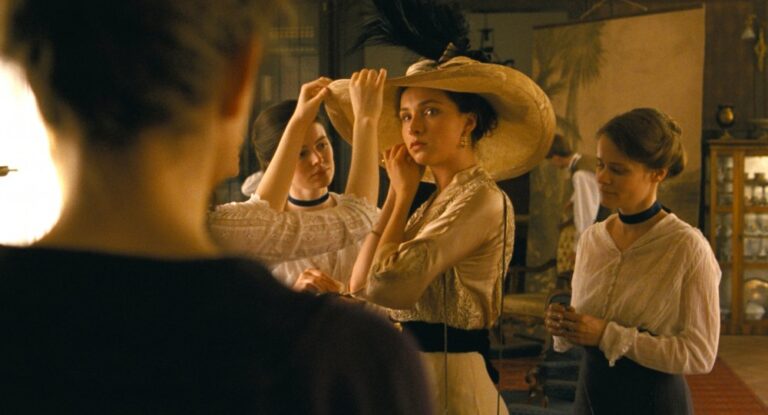Film Review: Sunset
Disorienting History Lesson Trades Clarity For Chaos


Latest Article|September 3, 2020|Free
::Making Grown Men Cry Since 1992

